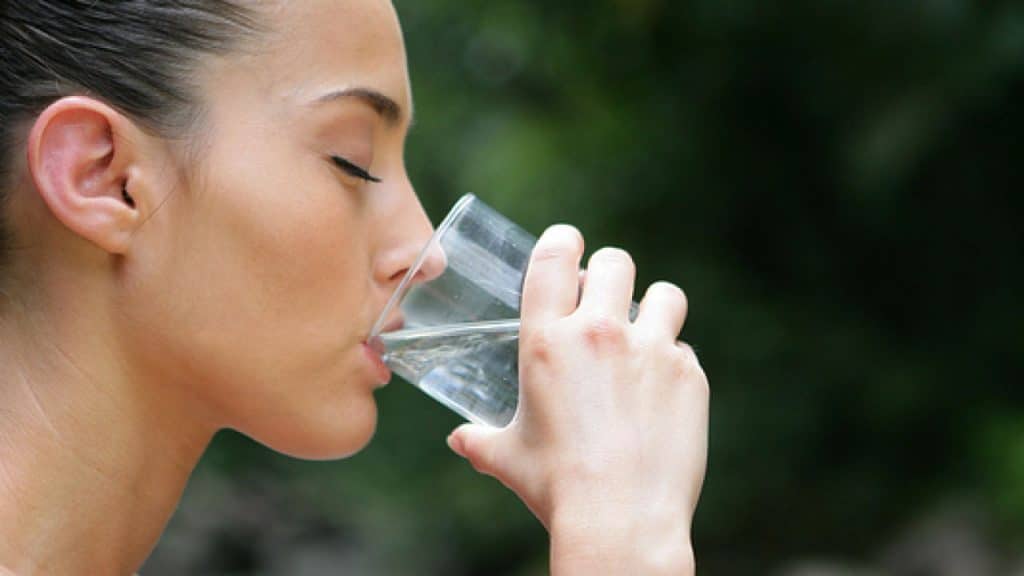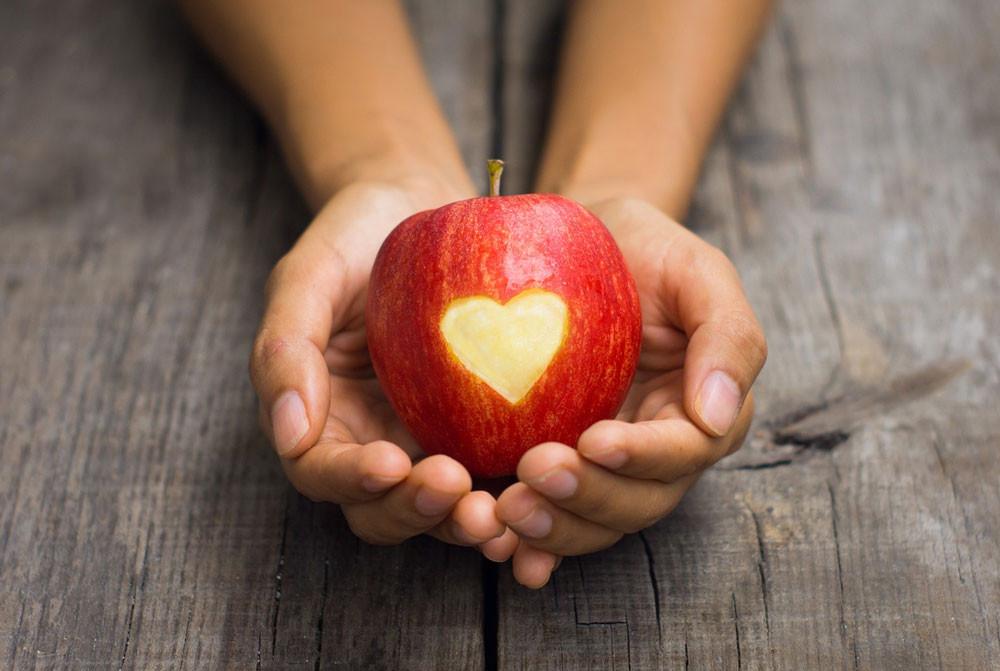There are lots of things that can affect blood pressure, with diet and exercise often dominating the conversation. If you’re a smoker, you’ll probably be told to give it up to avoid an unhealthy blood pressure increase. What’s less talked about is the role hydration can play.
Even when hydration is mentioned in the context of blood pressure, it tends to relate more to how dehydration can cause your blood pressure to drop, sometimes to dangerous levels. This can lead to fainting and other symptoms. The link between hydration and high blood pressure is a little less clear, but scientists are starting to think it might be important.
Your body produces a hormone called vasopressin, which reacts to the amount of salt in your blood. As your blood volume and salt levels drop because of dehydration, this can cause your vasopressin to rise. Once the vasopressin gets high enough, your blood vessels will constrict, which in turn causes your blood pressure to increase. It’s not clear what kind of impact this might have on your blood pressure in the long term because there’s still not a lot of research in this area.
Dehydration and high blood pressure are pretty serious problems in their own right, so both together can mean particular trouble. Dehydration causes headaches, constipation, lethargy and dizziness, even when it’s mild. In the most serious cases, it can lead to severe physical and mental deterioration or even be fatal. High blood pressure, properly called hypertension, increases your risk of developing a host of other dangerous conditions including heart attacks and strokes.
It’s clear that if you want to keep your blood pressure at a healthy level, you should be thinking about hydration as well as those traditional diet and exercise lifestyle changes. Just making sure you drink regularly is the best way. It doesn’t even have to be water. Juice and milk are just some of the fluids that can improve your overall level of hydration, and eating foods like fruit can also help.
Not all dehydration is caused by not drinking enough. Sometimes it’s the result of excess sweating when the weather’s hot or you’ve been exercising. Sometimes it’s because of illness. These are the times when you need to be particularly careful that you’re getting enough fluids and when your blood pressure may be particularly vulnerable to change.




